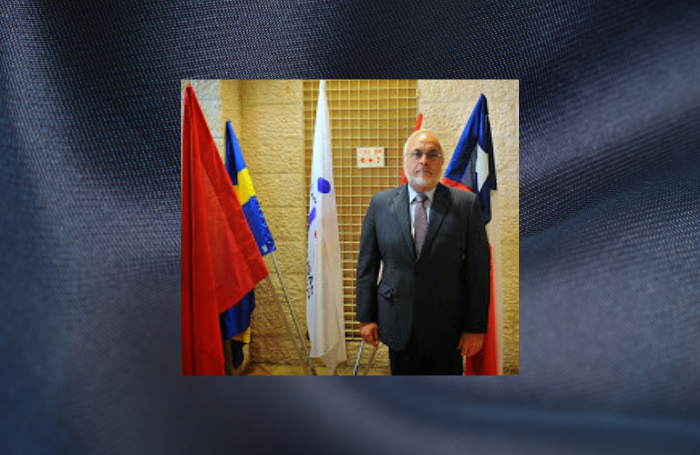By Joel Goldenberg The Suburban May 17, 2017
On one hand, Canadians and North Americans as a whole are frequently told that there’s a greater chance of being struck by lightning than being the victim of a terrorist attack.
On the other hand, in recent months and years, we have seen terrorist attacks against civilians in Paris, Nice, Berlin; Orlando, Florida; San Bernardino, California and many other places; and against soldiers and Parliamentarians in St. Jean sur Richelieu and Ottawa, as well as many plans that were foiled.
There has also been FBI director James Comey’s warning last year that if ISIS is crushed, “there will be a terrorist diaspora sometime in the next two to five years like we’ve never seen before,” and his more recent musing that incidents like San Bernardino keep him up nights.
And we have the more recent report of allegedly radicalized Trudeau Airport employees who are alleged to have perused terrorist websites and other sites on how to construct explosives.
In light of all this, we asked Rabbi Abraham Cooper, associate dean of the Simon Wiesenthal Center; and Yoram Ettinger, a former Israeli ambassador (Minister for Congressional Affairs) to the United States, their views on this issue at a recent press breakfast organized by the Canadian Institute for Jewish Research (CIJR).
Both were in town recently as guest speakers at CIJR’s annual gala, where National Post columnist and author Barbara Kay was honoured with the organization’s Lion of Judah award.
“Take a look at the attack in London, what did the perpetrator use, a vehicle and a knife — of which Israel was the first victim,” Rabbi Cooper said. “In our [Simon Wiesenthal Center] press release, we’re showing social media — chapter and verse, all of the magazines, highly produced; all of the how-to manuals — whether or not you’re a so-called lone wolf or not anymore is almost beside the point. When you have a virtual library online, that means you have to be a fool not to understand if it happened in London, it can happen in Montreal.
“The first element you need when you have cancer is admitting to yourself you have a disease. One way of dealing with it is to say you don’t have it, and you deal with the consequences the other way.”
On the other, Rabbi Cooper added that in a democracy, “there’s also a responsibility to reach out across the board to all communities and make them part of the solution, not part of the problem, and not to assume that behind every Muslim lurks a terrorist. Collective guilt is something we Jews know something about and should reject.
“But, in a democracy, in the world, we’re living in today, you better have your eyes wide open. We’d be fools to assume the problem doesn’t exist.”
Ettinger, an expert on U.S.-Israeli relations, says the issue is an “old battle between short-term convenience and long-term national security.”


